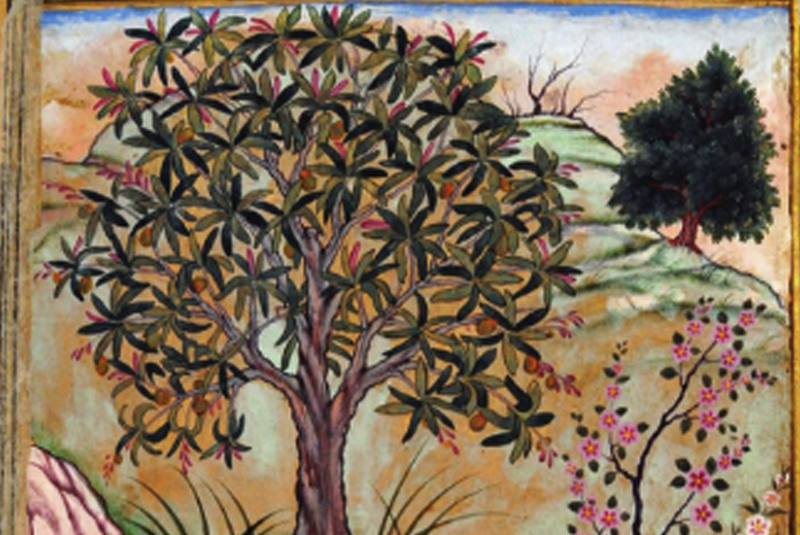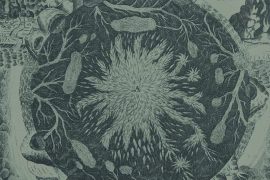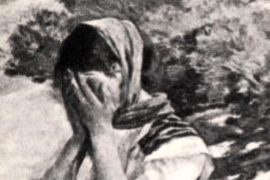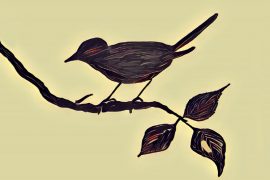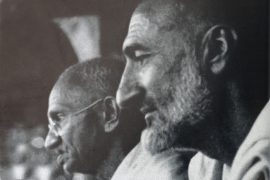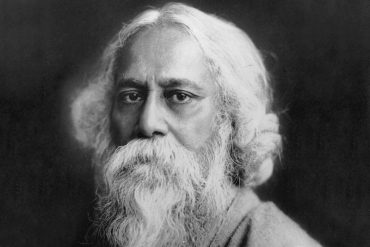These days, the Mughals have come under intense criticism from the BJP and its supporters. They particularly despise the first Mughal emperor, Babur. Years ago, their intense hatred for Babur manifested itself in the demolition of the Babri Masjid. However, had it not been for one fruit, Babur would not have fought Rana Sangh of Mewar to capture Indian territory. That fruit was the mango.
As the story goes, Daulat Khan Lodi wanted to defeat Sultan Ibrahim Lodi in Delhi so he could take over as king. To accomplish his goal, he invited Babur to fight Ibrahim Lodi. In return, Babur was promised land and loot. But Babur was not convinced. To defeat the Sultan of Delhi, he knew he first had to fight Rana Sangha, the ruler of Mewar. Babur was initially hesitant to fight Rana Sangha, a fierce warrior, until Daulat Khan Lodi introduced him to the mango.
Babur was hooked. He not only agreed to be part of the war but was also motivated to capture Delhi to set up a large mango orchard so that, after becoming the Emperor, he could eat as many mangoes as he could. After Babur won the war, Babur’s love for mangoes reached it’s logical conclusion. He did indeed accomplish his dream of eating mangoes–happily ever after. In the Baburnama, Emperor Babur says:
When the mango is good it is really good…, few are first-rate…They are usually plucked unripe and ripened in the house. Unripe, they make excellent condiments (qatiq), are good also to be preserved in syrup. In fact, the mango is the best fruit in Hindustan…It is eaten in two ways: one is to squeeze it to a pulp, make a hole in it and suck out the juice. The other is to peel and eat it like a kardi peach. Its tree is elegantly tall, and has leaves resembling the peach trees but the trunk of the tree is ill-looking and ill-shaped.
-30-
Copyright©Madras Courier, All Rights Reserved. You may share using our article tools. Please don't cut articles from madrascourier.com and redistribute by email, post to the web, mobile phone or social media.Please send in your feed back and comments to editor@madrascourier.com

